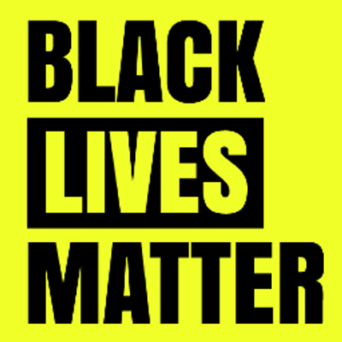- About
- Topics
- Picks
- Audio
- Story
- In-Depth
- Opinion
- News
- Donate
- Signup for our newsletterOur Editors' Best Picks.Send
Read, Debate: Engage.
Everyone knows Don Quixote confused Romances for reality. I sometimes think a similar thing has happened to people using the internet; that people believe, somehow by using the net, by writing on comment boards – or indeed news sites, by generating twitter interest or getting something to trend, you’re changing reality – you’re changing the world. Or to put it another way, people confuse the web for reality, and vice versa.
Putting it simply, the web is not reality. It has a bearing on reality, and it might change the way we think about the world – it may even change the way we think – but it’s not the world. To keep it simple, reality is the stuff that happens in the world – the raw data of life – and the web, well, that’s exactly what it is – the web.
So when this online storm about the Oscars emerged last month, I assumed it would go away rather quickly – despite the valuable goals it pursued, I thought it was just another bunch of hashtags that would die away slowly. In one sense, #Oscarssowhite, is basically that – just another twitter trend (despite having a year-long pedigree). Where it becomes interesting is the way in which people believe it’s making a difference. There seems to be something stirring in the civil rights movement in America, which continues today, under the commonly understood moniker ‘black lives matter’. But there does seem to be some confusion between the movement and the way it is playing out in the mass media. In real life, black lives are being extinguished because of systemic racism; On twitter, it looks like black lives just aren’t being celebrated.
This isn’t a trivial point. Pointing out that there is a massive disjuncture between reality and our representation of it, does not mean I am dismissing the latter; Awards reform is important, so that all people are given a fair chance of winning. But just because awards reform is part of the broader cultural debate about the value and representation of people of colour, does not actually mean that it is as important as what is happening in reality. This seems to be the point that people have forgotten – that black celebrities stand in relation to ordinary black people, as white celebrities do to white people; The same problems simply do not affect them.
So here’s the key message – it’s easy to get hyped up on twitter, and claim that the battle for awards reform is identical to the struggle against police and political brutality in America, but it’s not. The two are part of a broad agenda to recognize the equality of people, but one is more serious than another – and not being able to tell which is more important will be fatal to the struggle altogether. To put it in a slightly brutal way, Will Smith winning an award will not stop a policeman from killing a black kid.
Criticising internet usage and presumed beliefs is not the same as criticising a movement – but I believe the energies and aims of a movement can be better channelled into helping those at the bottom of the pile – not at the top.
The reason why this is important to talk about is because of the Quixotic sense that what happens online is the same as what’s happening in reality. Taking symbols from black identity struggles and incorporating them into a mass-media spectacle, might be subversive – but it is still a mass-media spectacle, and is therefore part of widely accepted practise of entertainment. In other words, it’s both subversive and totally conformist. The idea that by penetrating popular culture and popular discourse, we will change the world, is a popular one right now. But I fear that people will realise a little too late that it will take more action and less talk, or more action and a similar amount of talk, to get real change, and not just the kind that happens on your screen.
